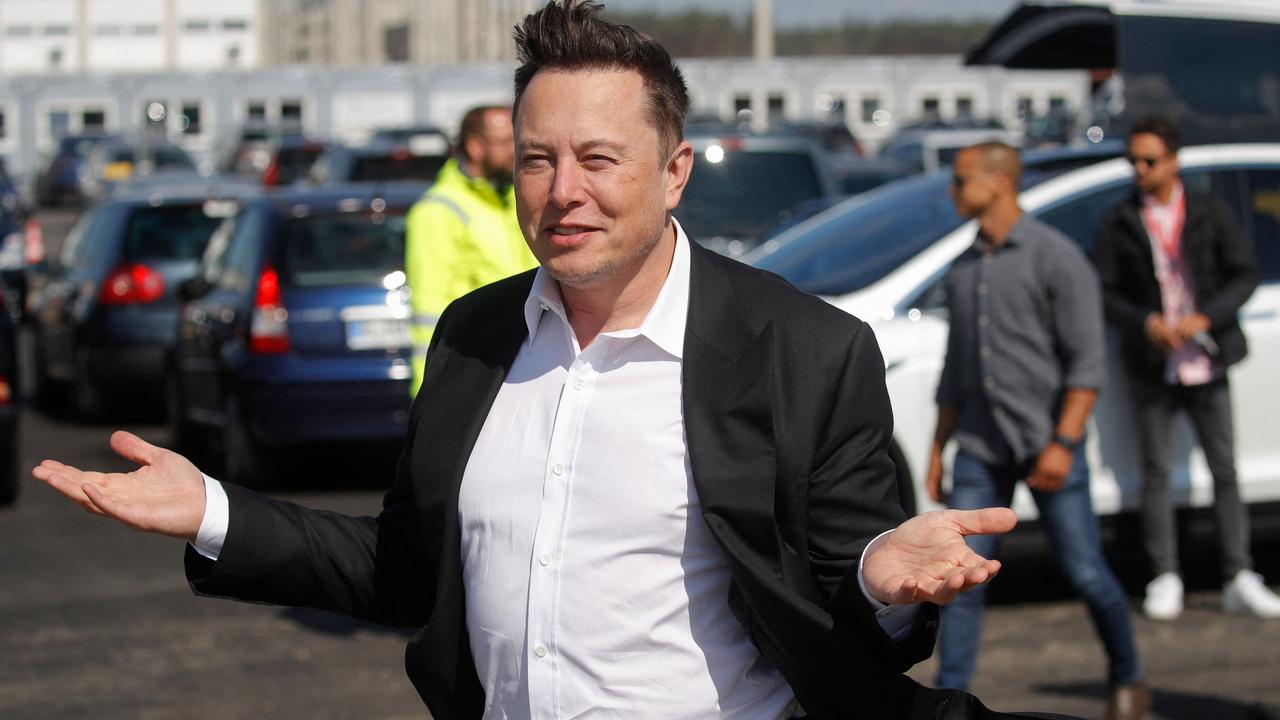Michael McGuire: Cryptocurrency is more a belief system, a religion, than a legitimate new form of currency
Cryptocurrency is more likely to be a giant scam than the revolutionary new currency its evangelical spruikers believe it to be, writes Michael McGuire.
It’s not the easiest thing in the world to write about something that is logically inexplicable. But it’s possible to take comfort from the fact that, really, hardly anyone else understands it either.
It’s time to talk about cryptocurrency.
At its simplest, cryptocurrencies such as bitcoin are digital tokens which people can swap directly to make payments. It’s appealing to some as there is no central authority in the middle of the transaction such as a bank. All transactions are visible to everyone else in the chain, even if the identities of the traders are hidden.
But on the other hand it’s not money. It’s also hard to believe it’s not a giant scam. That cryptocurrency is more a belief system, a religion than the legitimate new form of currency its evangelical spruikers believe it to be. Like religion, cryptocurrencies rely on the faith of its adherents, rather than solid empirical evidence.

Australia’s reserve bank may be looking after its own interests as a legacy player but it makes some reasonable points about the value or otherwise of cryptocurrencies, of which there are about 1500 in circulation. In particular about why cryptocurrency is not money. In short, it’s because cryptocurrencies are not broadly accepted as a means of payment. Then add in their volatility, which means they are not a secure store of value.
“Unlike conventional national currencies such as Australian dollars, which get part of their value from being legislated as legal tender (the law says it must be accepted as a payment), bitcoin and other cryptocurrencies do not have any legislated or intrinsic value,’’ The RBA says.
“Instead, the value of Bitcoin is determined by what people are willing to pay for it in the market (and, in theory, its value could fall to zero at any time).’’
Yes, Bitcoin in itself has no intrinsic value. It produces nothing. Its value is purely speculative. It’s a form of gambling. It’s a greed-based system. A buyer believes they can sell for a higher price than they bought it for. That’s it. That’s the whole trick. Billionaire investor Warren Buffett calls Bitcoin a “delusion”.
Which is not to say a lot of people have not made fantastic sums of money out of cryptocurrencies. Or that the technology developed to run the whole weird operation is not remarkably impressive.
Bitcoin came to life in 2009. It was a year after the report that described how the system would work was released by a person or a group called Satoshi Nakamoto. Their actual identity is still unknown, which is surely something of a red flag when trusting that a new multibillion-dollar payment system was not a giant scam. Especially, when whoever Nakamoto is has no doubt made a multibillion-dollar fortune out of exploiting other people’s subsequent mania for Bitcoin.
The value of Bitcoin swings wildly. On Tuesday it was trading at about $US36,000 for one bitcoin. Earlier this month, the price was $US60,000. Such is the fragility and volatility of the valuation that part of the reason for the swift drop were comments made by Tesla founder Elon Musk.
Musk had declared he would accept Bitcoin in payment for his electric cars, but backtracked under pressure when it was pointed out the extreme environmental damage caused by Bitcoin “mining’’.
Cryptocurrencies use blockchain technology, which tracks transaction and ownership of digital tokens.
These transactions are grouped together in “chains”. Other network users verify and confirm the transactions by solving complex codes. “Miners’’ solve the codes, process the transactions and are rewarded in bitcoin.
The computing power required to solve these codes is so massive, it is estimated the Bitcoin system uses more energy than a country such as Argentina. Much of the power is coming from fossil-fuel plants.
In New York State a closed-down coal plant has been restarted to help meet demand. Many miners are based in China and use electricity generated from coal.
In the old days at least the electricity from coal plants was used for something useful, keeping on the lights, making cars, driving industry and the economy. “Mining’’ for Bitcoin produces nothing. It’s a search for the invisible.



